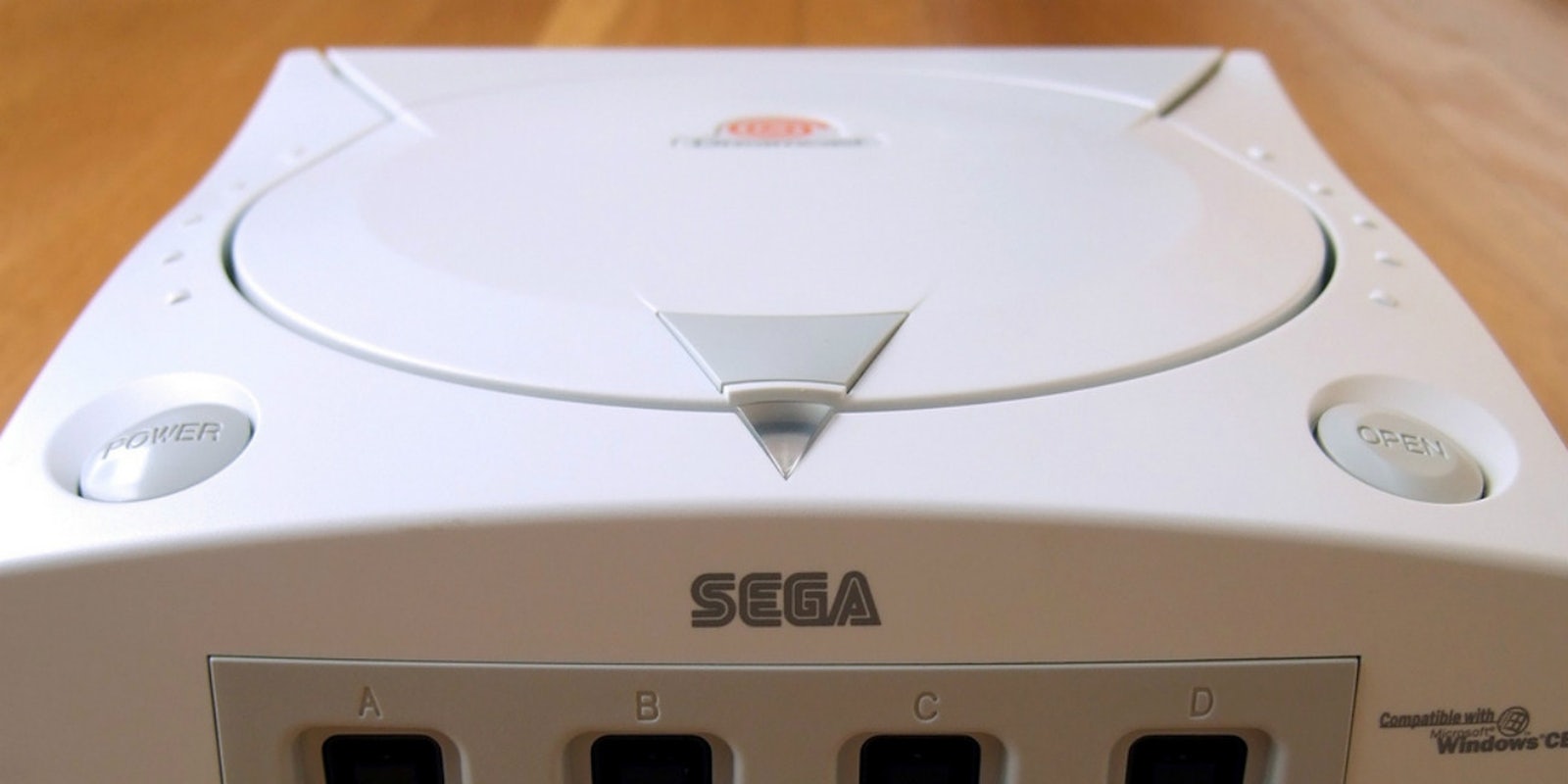Seven years before Nintendo’s Wii console charmed everyone with motion control gaming, Sega was already experimenting with motion controllers on its Dreamcast console.
The newest video from DidYouKnowGaming?, a YouTube channel dedicated to video game trivia, talks about Sega’s early experiments with motion control and all the other innovations that defined the Sega Dreamcast released in Japan in 1998 and in North America in 1999.
The Dreamcast’s legacy of innovation is what inspires such fierce loyalty among its fans. Game developers are even still making games for the Dreamcast, which was discontinued in 2001. This was a console that pioneered true open world gaming with games like Jet Set Radio, and introduced gaming by voice command with Seaman.
Perhaps the biggest innovation introduced by the Dreamcast was a built-in modem for online play. Sega even launched an online gaming network, SegaNet, in 2000, to support massively multiplayer online games like Phantasy Star Online. MMOs on consoles were unheard of back then.
SegaNet was also launched two years before Microsoft kicked online gaming into the mainstream with the release of Xbox Live, and four years before Halo 2 made Xbox Live the success it would grow to be.
The Sega Dreamcast beat everyone to all the punches. Unfortunately, the technological supremacy of the Dreamcast ended with the release of the PlayStation 2 a year after the Dreamcast was released in North American markets. Third-party software support for the Dreamcast dried up, and the console faded away.
After years of being Nintendo’s primary competitor in the video game console market, Sega stopped developing video game consoles altogether. Nowadays, Sega only develops and publishes games, themselves.
Photo by Bryan Ochalla/Flickr (CC BY-SA 2.0)


